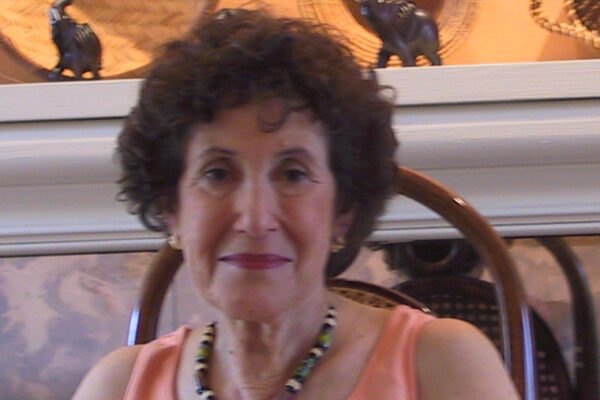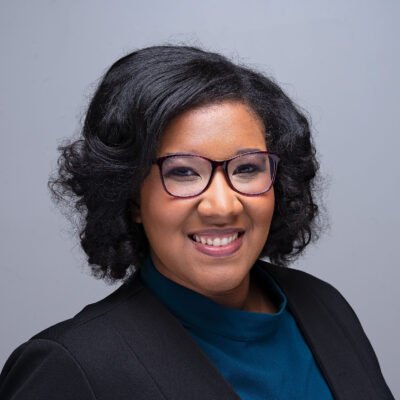This is one in a series of profiles marking the 60th anniversary of the ACLU of Kentucky’s founding. Each week through December 2015 we will highlight the story of one member, client, case, board or staff member that has been an integral part of our organization’s rich history.
Marcia Segal
“If we don’t stand up for everybody’s rights, nobody’s going to stand up for our rights. So it’s really important for people to understand their rights, for people to have information about what their rights are, for people to have access to legal as well as financial and emotional support when their rights are threatened, and for each one of us to be a conservator or champion of the rights of other people.” -Marcia Segal
Marcia Segal originally got involved with the ACLU of Kentucky because, as she put it, “it just seemed like the right thing to do.” After moving to Louisville, Segal got involved in numerous causes, and participated in demonstrations for open housing and against war. However, what stood out to Segal during her time with the ACLU-KY was her work on women’s rights issues. In an effort to expand women’s reproductive rights—during a time when abortion was facing restrictions in Kentucky—Segal designed a survey to be administered to OB-GYNs and physicians who were most involved with pregnant women. She presented the findings of her survey in testimony to a committee of the General Assembly.
In addition to reproductive rights, Segal worked to get women on an even plane with men. “There was a civil rights commission at that time,” Segal said, “but they only dealt with black/white issues. There was nothing in the legislation that dealt with gender discrimination, so we had a big campaign to change that.” Outside of directly working to change government policies, Segal worked to dissipate the sexist culture present in the 1960’s and 70’s by taking aim at traditional institutions with cultural influence, such as the
Louisville Courier Journal . Segal recalls that “the newspaper used to list employment ads, and it would say ‘Jobs of interest men’ and ‘Jobs of interest women.’ There was an incredible amount of job discrimination in the state at the time; there were women trying to get into coal mining unions and building trades and things like that, and so that was an issue that I remember we worked on.”
Segal lauds the ACLU-KY for its willingness to take on legal battles—not all of the other civil rights/civil liberties organizations work on legal issues, she remarked—but also for its distinction between civil rights and civil liberties. Segal asserted civil liberties are not necessarily matters of opinion on an issue. Thus, the ACLU-KY defense of civil liberties can sometimes come with defending controversial groups such as Klansmen or neo-Nazis. “Sometimes it can become uncomfortable or controversial, or make you examine your conscience really heavily,” Segal said. ““Do I really believe in this?” And yeah, I’m a real civil liberties person, I do believe in everyone’s right to speak.”



